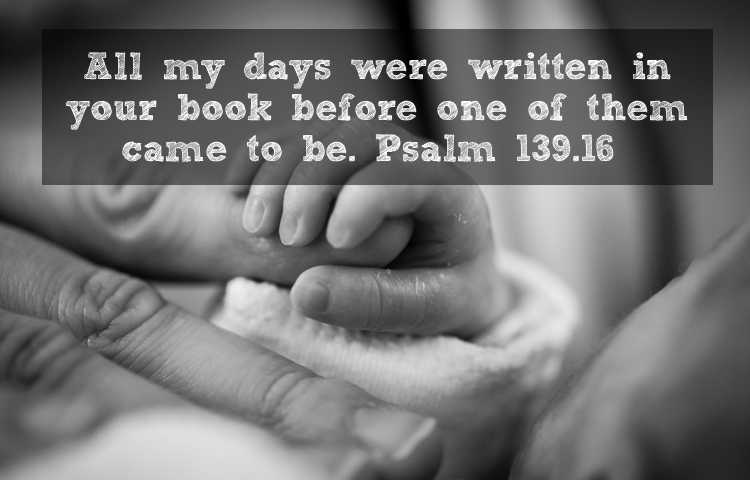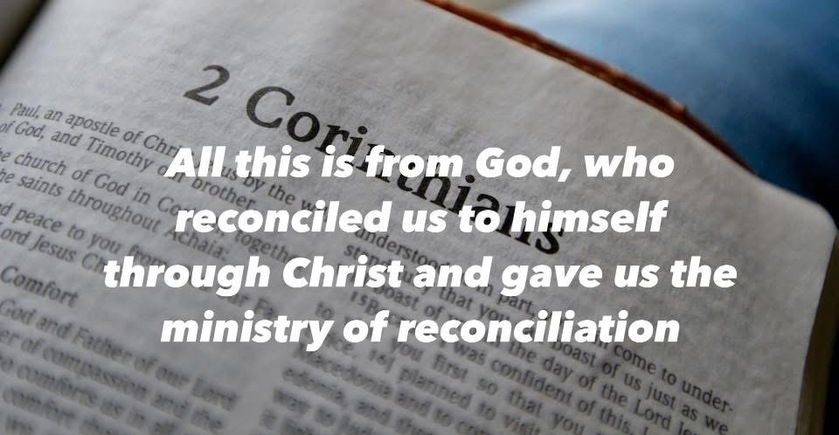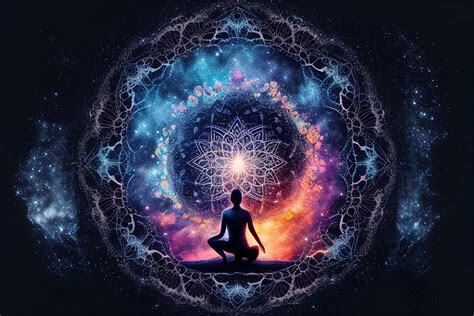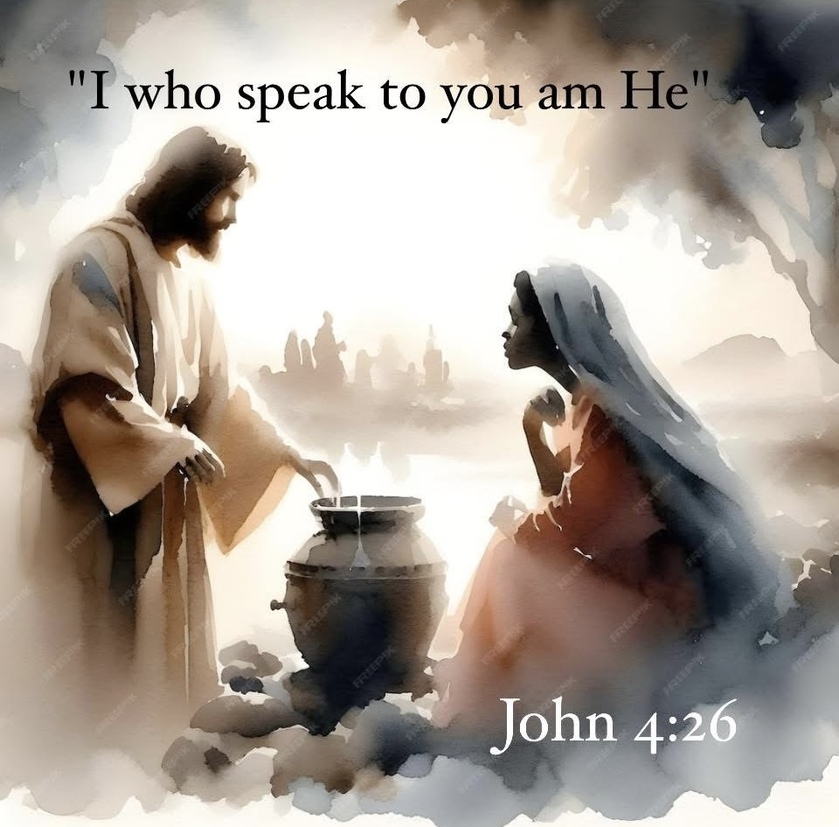God’s Eternal Gaze: Reclaiming the Fragmented Self Through Grace and New Life
Romans 6:1-4
"What shall we say then? Are we to continue in sin that grace may abound? By no means! How can we who died to sin still live in it? Do you not know that all of us who have been baptized into Christ Jesus were baptized into his death? We were buried therefore with him by baptism into death, in order that, just as Christ was raised from the dead by the glory of the Father, we too might walk in newness of life."
Are you the same person you were 20 years ago?
Are the things you loved before, the same as the things you love today?
Have you buried the oldself fully?
Are there things you're still doing that you know you shouldn't?
Don't worry, I'm not going to preach about all your many sins and your offenses and affronts to God's will that you've been committing. We all do it. We all compromise our souls to live in the things we want.
What I do want to share is God's perspective. At least as much as we can reckon from His word.
In Ecclesiastes 3:15, the Teacher says,
"That which is, already has been; that which is to be, already has been; and God seeks what has been driven away."
God can see the whole history of mankind all at once. He can see our sins and see our attempts at living for Him. He can see all these things in an instance. So while we are sinning, caught in the act of it; from His perspective we are living in Him, worshipping Him, serving Him, praying in His Spirit, loving those whom He loves. All at once. While you kneel down in thoughtful prayers of thanksgiving, in His mind you are also committing those things you know are unworthy of Him. While you are pursuing your lusts of the flesh; pornography, gossip, drunkenness, lying, cheating, stealing, killing, He's seeing you genuflecting and pursuing His face. And it is that You, that He is pursuing.
It’s a profound reflection on grace, identity in Christ, and God’s timeless perspective. It’s a reminder that transformation isn’t instantaneous or linear; it’s a burial and resurrection process, as Paul describes, where we’re invited to "walk in newness of life" even amid our stumbles.
Again I'll ask, are you the same person you were 20 years ago?
In many ways, no—priorities shift, loves evolve, and hopefully, the grip of certain sins loosens. But echoes of the "old self" linger, don’t they? Things like unchecked anger or self-centered habits that we know don’t align with that new life. Yet, we’re not defined solely by those moments. God’s view isn’t chronological like ours; He’s the Alpha and Omega (the beginning and the end), seeing the full arc of redemption.
He "seeks what has been driven away," drawing back the lost parts of us, the fragmented selves, into wholeness. It’s comforting (and humbling) to think that in God’s eternal now, our worship and our failings coexist, but His grace abounds not to excuse sin, as Romans warns against, but to propel us forward. He pursues the version of us that’s fully alive in Him, even when we’re mired in the mess.
If anything, knowing this about God's nature, this should stir in us a new desire to lean more into that baptismal reality: died, buried, raised. What a gift to be seen not just for who we are in the moment, but for who we’re becoming in Christ.
You've been given a new nature, a new heart of flesh, the old stone heart is gone. You can no longer lean on your old excuses, "it's just my Italian passions", "it's my Irish anger", "it's my German sternness", "it's my French love for life". All these things by which you once identified yourself are now buried in Christ. You now have a new life, dead to sin. A new identity in Him. That baptismal water represents the grave. You buried the old life. You are now "Spirit". That's who you are now. Your heritage belongs to Him now. The new life you have now is Spirit, soul and body. A spirit in union with God. These things now dominate your conscious state.
In Book XI of his Confessions, St. Augustine delves deeply into the philosophy of time, prompted by his meditation on the opening of Genesis ("In the beginning, God created the heavens and the earth" ). He seeks to understand time’s nature in relation to God’s eternity, emphasizing that time is a created aspect of the universe, not something eternal or independent of God’s will.
"What then is time? If no one asks me, I know what it is. If I wish to explain it to him who asks, I do not know."
He argues that time cannot be equated with the movements of celestial bodies (like the sun or stars), as those movements occur in time rather than defining it. Instead, time involves a subjective dimension tied to the human mind or soul. Augustine rejects the common notion of three distinct times, past, present, and future, as existing objectively. The past no longer exists, the future does not yet exist, and the present, if it were eternally present without duration, would not be time but eternity.
He proposes a rephrasing: there are not three times but "a present of things past" (memory), "a present of things present" (attention or sight), and "a present of things future" (expectation). These exist within the soul, where time is measured not by external events but by the mind’s internal processes.
When I pray, I give thanks to God for the things he has done, is doing, and will do. All in the same moment He does these things, and so I pray thanksgiving for each moment, in one prayer. Recognizing that God is answering each prayer simultaneously, outside of time.
Augustine describes time as a "distention" (or extension/distension) of the mind, a stretching out of the soul across what has been, what is, and what will be. There is no "before" creation for God, as time itself was created along with the heavens and earth through God’s eternal Word (identified with Christ as the "beginning" ). Questions like "What was God doing before He made heaven and earth?" are dismissed as nonsensical, since without time, there is no "before."
The idea of God seeking "what has been driven away" (Ecclesiastes 3:15) resonates deeply here, as He reclaims those scattered fragments of our old selves, not to revive them, but to integrate them into the wholeness of our new creation. No more hiding behind cultural stereotypes or inherited traits as excuses; those are part of the "old man" buried in baptism. It’s like Ezekiel 36:26-27, where God removes the heart of stone and gives a heart of flesh, infusing us with His Spirit so that we will walk in His ways. God has seen where you've been and knows where you're going to end up. So what are you going to do with that knowledge, sin more while you've still got life in you?
Absolutely not. "By no means!” Echoing Paul’s emphatic "no" in Romans 6. That knowledge of God’s eternal perspective, where He sees the end from the beginning (Isaiah 46:10), isn’t a free pass to indulge the flesh; it’s a call to alignment, to let His foreknowledge fuel our pursuit of holiness. If He’s already reclaiming those driven-away fragments, integrating them into wholeness through Christ, why cling to the shards?
What are you doing, still doing what it is you're doing?
It’s not about willpower but surrender.
Surrender it!
When old habits surface, like impatience in traffic, or scrolling mindlessly, remind yourself that the "old man" is buried, and the new Spirit identity dominates now.
In Book V of his Consolation of Philosophy, written around 523–524 CE while imprisoned and awaiting execution, Boethius explores the nature of eternity through a dialogue with Lady Philosophy, blending poetry and prose. Boethius distinguishes eternity from mere everlastingness or perpetual duration in time. He defines it as "the whole, simultaneous, and perfect possession of boundless life". This means that for an eternal being like God, all moments; past, present, and future, are possessed fully and at once, without succession or change. Eternity isn’t an infinite extension of time but a timeless "now" that encompasses everything simultaneously. Not just a circle of life, because there is never a moment where you aren't simultaneously on every point in that arc. It's like an unchanging point from which the temporal flow is viewed in its entirety. Therefore, if something lacks this wholeness and simultaneity, it cannot truly be eternal; instead, it participates in time’s sequential nature, moving from "having been" to "being" to "going to be."
So God is not sequential, He is wholeness. Divine providence doesn’t predetermine events in a causal sense because God doesn’t "foreknow" in a temporal way. He simply knows all things in an eternal present, where human choices remain free within His created time framework. God's providence isn’t a puppet-master pulling strings in sequence but a harmonious order that embraces our free choices without violating them. Eternity thus offers consolation amid suffering, as earthly misfortunes are fleeting when seen from God’s timeless vantage-point, it's all part of His greater harmonious order. It is in the divine "now", where our fragmented lives (sins, redemptions, becomings) are all held whole as one in His hands.
It’s a perspective that doesn’t excuse sin but invites us to align with that eternal wholeness, knowing God sees our full story all at once. Imagine that "God sees", next "time" you decide to compromise.
It’s reminiscent of Psalm 139:16,
"Your eyes saw my unformed substance; in your book were written, every one of them, the days that were formed for me, when as yet there was none of them."
Prayer:
Heavenly Father, in Your timeless now, You see our sins and redemptions as one, thank You for pursuing our wholeness in Christ. Help us to bury the old self daily, walking in the Spirit’s newness, free from excuses and aligned with Your eternal harmony. In Christ Jesus, Amen.




















